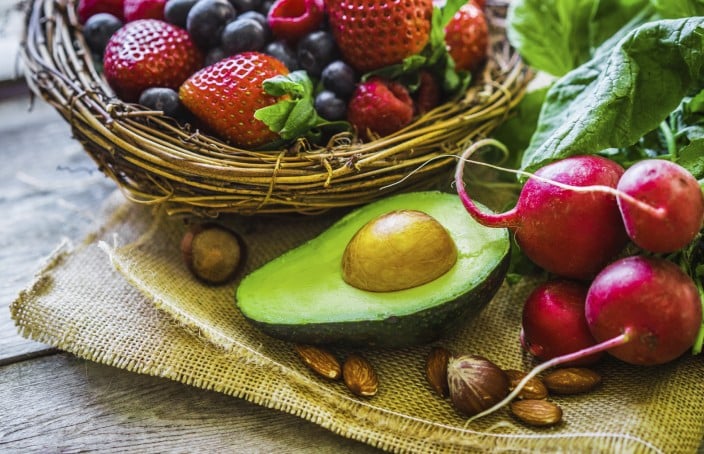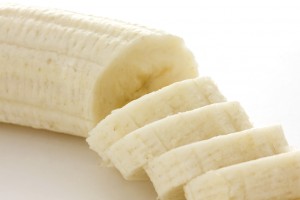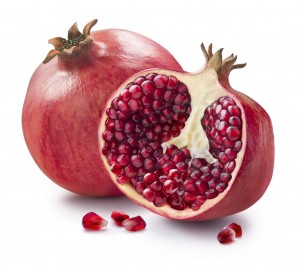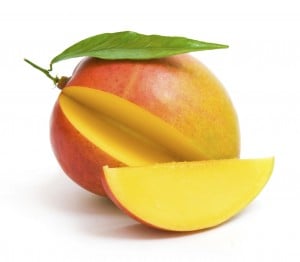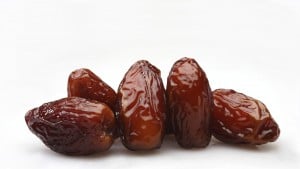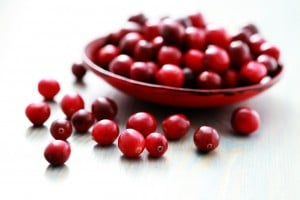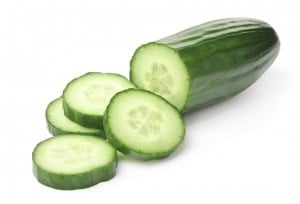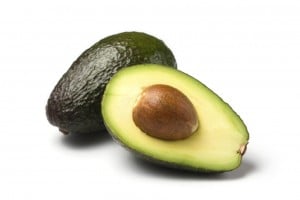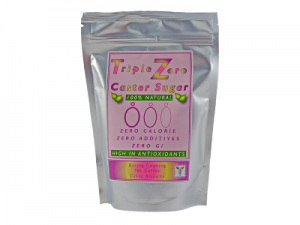There’s a long-running debate about fruit. Should people with diabetes eat it? If so, how much?
The short answer is: Yes, a bit. Fruit is full of vitamins and minerals. It provides nutrition that’s essential for anybody, diabetic or not. Don’t leave fruit out of your diet altogether.
That said, fruit tends to be quite high in sugar. Too much, and you may find it difficult to keep blood glucose levels under control.
But which are the best (and the worst) fruits for people with diabetes, in terms of sugar? Let’s take a look.
(Next to the sugar content, we’ve listed the total carb content of each fruit, per 100g. In this case, total carbs includes sugar, but also some other stuff.)
The most sugary
5. Banana: 12g per 100g. (22.8g total carbohydrate)
Bananas are pretty high in sugar content. They contain 12g of sugar per 100g of fruit. The average banana weighs roughly 120g, so people with diabetes probably shouldn’t eat more than one a day.
More positively, bananas contain a whole host of good stuff: vitamin C, potassium, protein, magnesium and dietary fibre.
4. Pomegranate: 14g per 100g. (17.1g total carbohydrate)
Pomegranates contain 14g of sugar per 100g, but don’t let that put you off too much. 100g of pomegranates also contains 7g of fibre, 3g of protein, and 30 per cent of the recommended daily amount of vitamin C. Just don’t eat too much.
3. Mango: 14g per 100g. (17g total carbohydrate)
The average mango weighs around 200g, so one whole mango contains about 28g of sugar. Despite its health benefits – one mango contains all of the vitamin C you need in a day – you might consider avoiding mango if you struggle to control your blood glucose levels.
In short: moderate your mango.
2. Grapes: 16g per 100g. (18g total carbohydrate)
100g of grapes contains 16g of sugar. That’s about 10 red grapes. Grapes are absolutely chock-full of sugar.
However, if you have a bit of a weakness for grapes, you’ll be consuming a lot of goodness: red grapes contain anthocyanins, which have been linked to lower levels of “bad” cholesterol, higher levels of “good” cholesterol and a lower risk of insulin resistance.
1. Dates: 63g of sugar per 100g. (75g total carbohydrate)
100g of dates contains 63g of sugar. Bad news for your blood sugar. Despite their health benefits, people with diabetes should only consume a few dates in one go. Those who aren’t confident in their blood glucose control might want to avoid them altogether.
The least sugary
5. Cranberry: 4g per 100g. (12.2g total carbohydrate)
Cranberries, everyone’s favourite fruit of Christmas, are one of the least sugary fruits. 100g of cranberries contains just 4g of sugar. The benefits pretty massively outweigh the drawbacks. Cranberries are linked to lower risk of urinary tract infections, preventions of certain types of cancer and lower blood pressure.
4. Lemon: 2.5g per 100g. (9.3g total carbohydrate)
Slightly more sugary than their citrusy cousins: 2.5g per 100g. Lemons are good for weight loss, skin care and improved digestion.
3. Lime: 1.7g per 100g. (10.5g total carbohydrate)
Limes aren’t renowned for their sweet, sugary taste. This is reflected in their sugar content: 1.7g per 100g. Like lemons, limes are good for weight loss, skin care, eye care and improved digestion. You can hardly go wrong.
2. Cucumber: 1.7g per 100g. (2.1g total carbohydrate)
Technically, cucumbers are fruit. The seeds run through the middle. That’s not the only surprising thing about cucumbers: they also contain only 1.7g of sugar per 100g. That’s about the weight of an individual cucumber.
1. Avocado: 0.7g per 100g. (8.5g total carbohydrate)
We love avocado. It strengthens your heart, protects your vision and provides high levels of vitamin K.
As for its sugar content? 0.7g per 100g. You’d have to eat more than 10 avocados to get the sugar hit of a single banana.
In the shop
We do our best to bring you relevant diabetes products that we believe in. If you liked this blog post, you might be interested in:
- Triple Zero Stevia: a 100 per cent natural, zero-calorie alternative to sugar, Triple Zero Stevia ranks 0 on the glycemic index.
- CONTOUR NEXT blood glucose test strips: Keep an eye on your how different foods affect your blood glucose levels with these test strips. Technologically innovative and simple to use, CONTOUR NEXT strips provide exceptionally accurate results. 50 strips per box.
- GlucoRx Nexus Test Strips: One box of GlucoRx Nexus Test Strips contains 50 strips.
